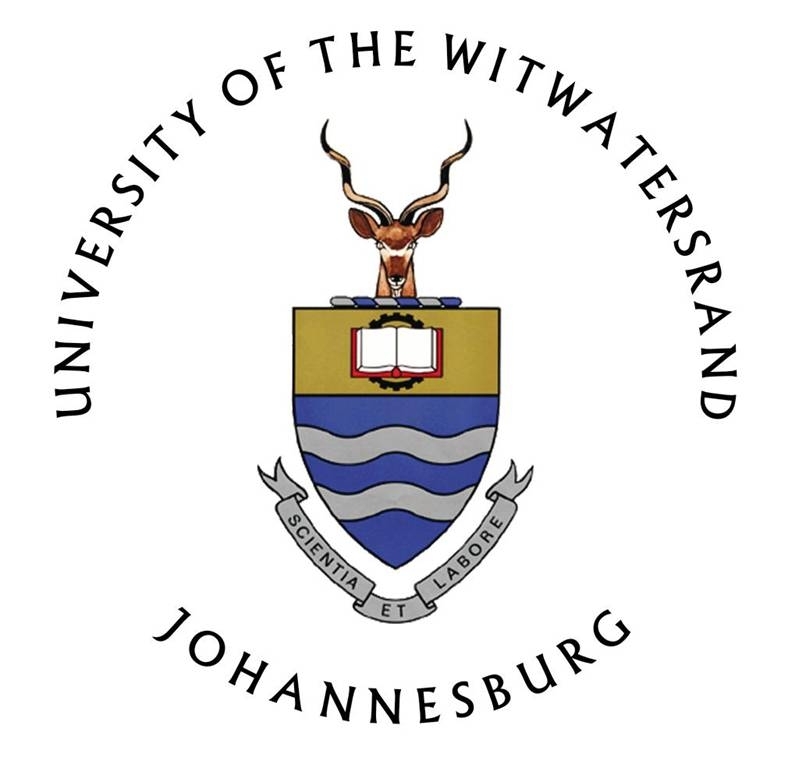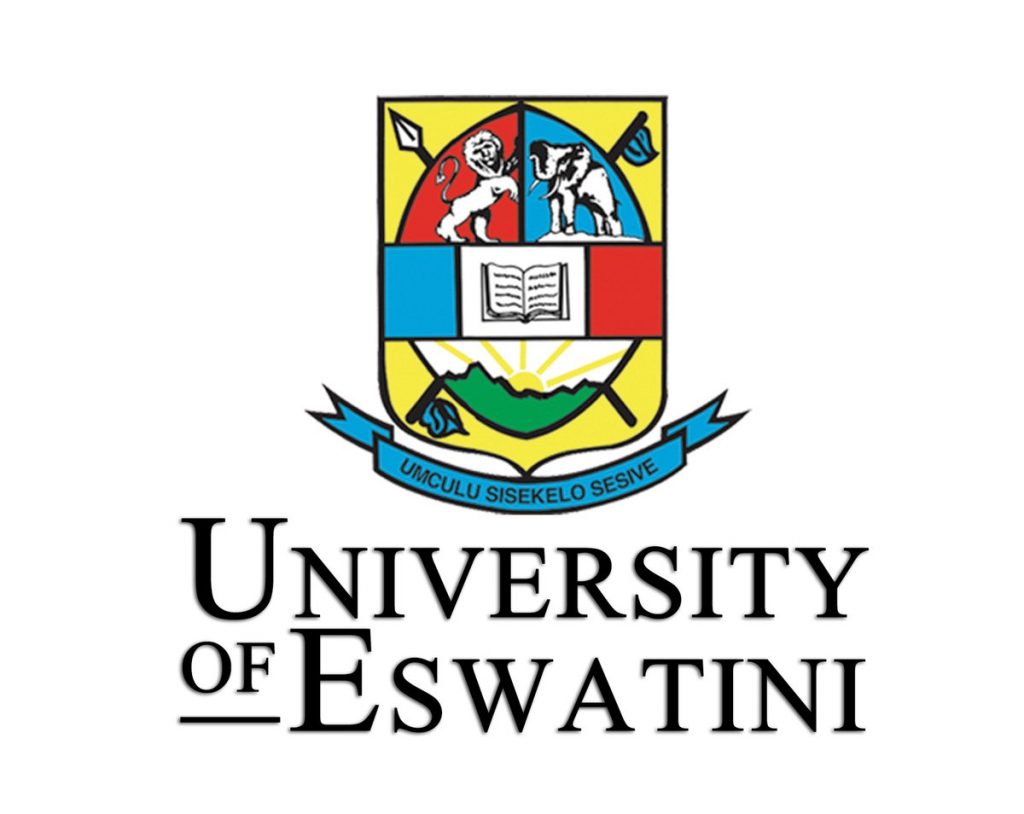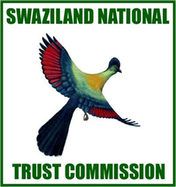Early Iron Age and cultural contacts between late hunter-gatherer and early farming groups in southern Africa
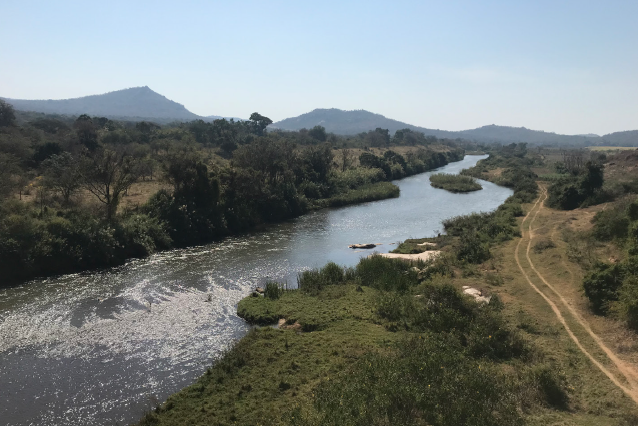
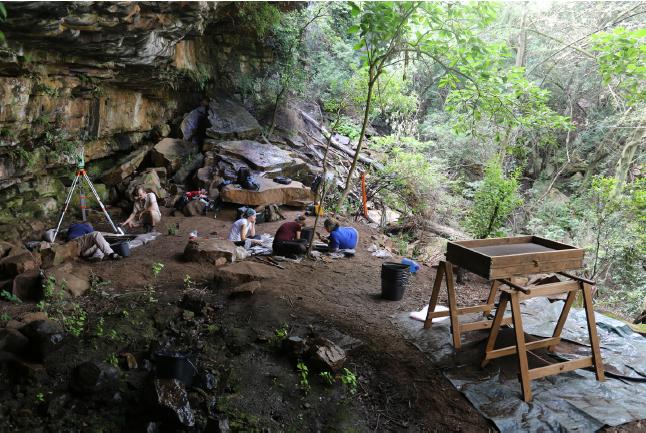
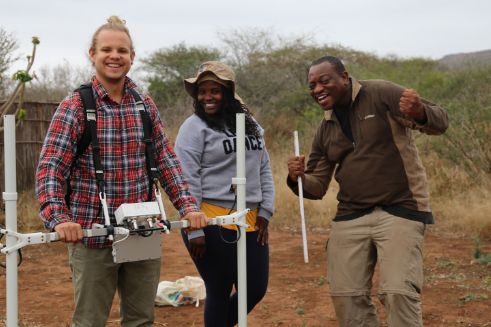
The Commission for Archaeology of Non-European Cultures is currently setting up several projects in southern Africa. Due to its geographical position and variety of habitats, southern Africa of the last 2.500 years is a melting pot of different populations representing distinct forms of social organization with various subsistence strategies. During this period, four main players have been dominating the scene: San, Khoekhoe, Bantu and European immigrants. According to traditional scientific consensus, San are considered as native hunter-gatherers who, according to genetic studies, have been occupying southern Africa for the past 100.000 years. However, historic, linguistic, and ethnographic studies suggest that 2.000 years ago the so-called Khoekhoe invaded western South Africa from the north (Zambezi region). Although also mobile and closely related to the San, Khoekhoe immigrants might have introduced first domesticated animals and pottery to the region. Around the same time, the Bantu arrived on the eastern flank of South Africa. In contrast to the Khoekhoe, Bantu were predominantly sedentary famers, having introduced tropical crops and iron technology to southern Africa. Further conflicts developed with the arrival of European settlers from the 15th century onwards. Recent research indicates that the contacts between the main groups took place in a much more complex way than previously presumed. In addition to the assumption that pottery and domesticates were known before the arrival of the Bantu people, this re-search suggests that individuals or small groups deriving from a farming context could have turned back to hunting strategies.
The project targets the complex interplay of coexistence and reciprocal influence between hunter-gatherers and food producing groups in Southeast Africa in order to understand the appearance of new identities and the distribution of technical and social innovations.
Members
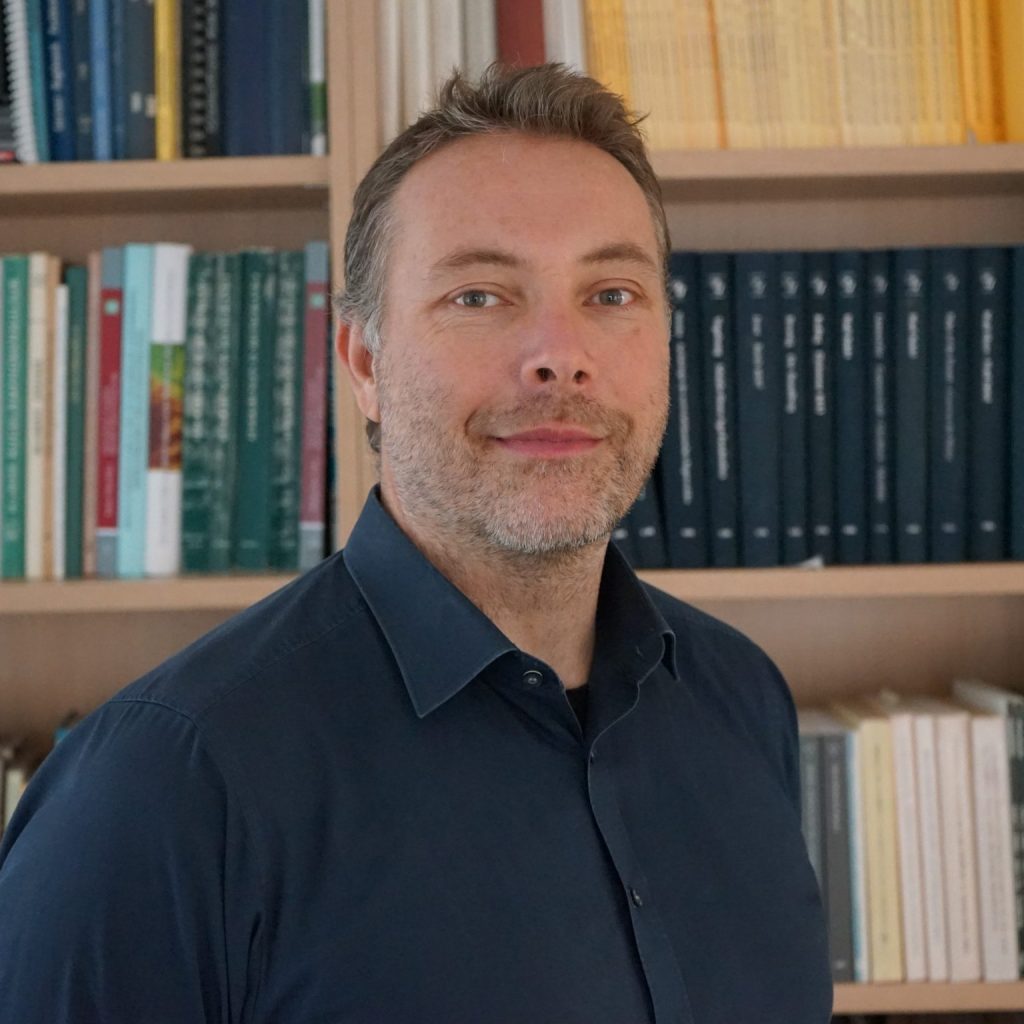
PD Dr. Jörg Linstädter
DAI | Commission for Archaeology of Non-European Cultures
joerg.linstaedter@dainst.de
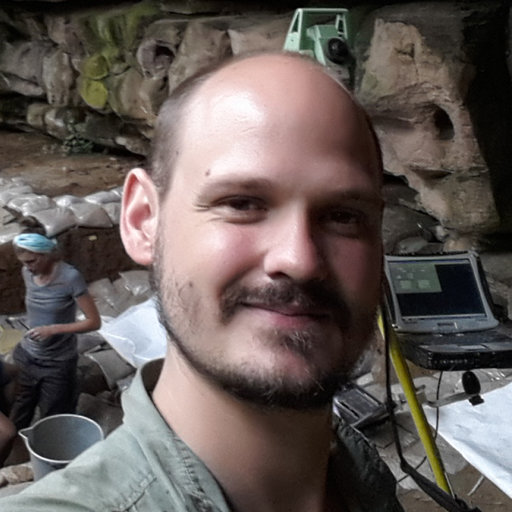
Dr. Gregor Bader
Eberhard Karls University of Tübingen | Senckenberg Centre
gregor.bader@senckenberg.de
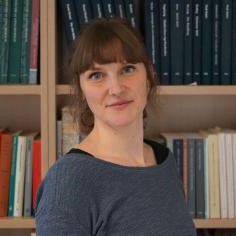
Lisa Ehlers M.A.
DAI | Commission for Archaeology of Non-European Cultures
lisa.ehlers@dainst.de
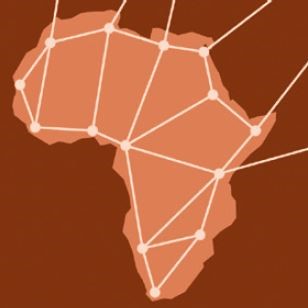
D. Muianga
Universidade Eduardo Mondlane in Maputo| Department for Geography and Archaeology

PhD Alex Schoeman
Witwatersrand University Johannesburg | School of Geography, Archaeology and Environmental Studies
alex.schoeman@wits.ac.za

L. Msimanga
Partner Institutions
Abbildungen
Fig. 1 Landscape at the middle Komati [Photo by Jörg Linstädter].
Fig. 2 Excavations at the Doornkoop Iron Pig Shelter site in Mpumalanga, South Africa [Photo by Jörg
Linstädter].
Fig. 3 Geophysical prospection with students from Eduardo Mondlane University, Maputo, near the
Caimane site [Photo by Jörg Linstädter].
